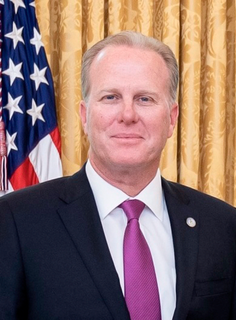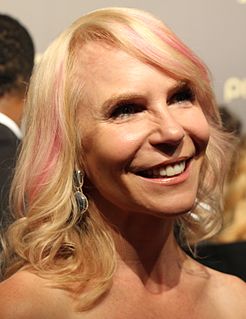A Quote by Luciana Berger
Many people with mental illness suffer in silence, afraid to seek help for fear of victimisation.
Related Quotes
There's no such thing as mental illness. We're all mentally ill and we're all haunted by something, and some people manage to find a way to ride it out so that they don't wind up needing extra help. So I think that "mental illness," as a term, is garbage. Everybody is in various states of needing to transcend something.
We have a dysfunctional dream of the planet, and humans are mentally sick with a disease called fear. The symptoms of the disease are all the emotions that make humans suffer: anger, hate, sadness, envy, and betrayal. When the fear is too great, the reasoning mind begins to fail, and we call this mental illness.
The very term ['mental disease'] is nonsensical, a semantic mistake. The two words cannot go together except metaphorically; you can no more have a mental 'disease' than you can have a purple idea or a wise space". Similarly, there can no more be a "mental illness" than there can be a "moral illness." The words "mental" and "illness" do not go together logically. Mental "illness" does not exist, and neither does mental "health." These terms indicate only approval or disapproval of some aspect of a person's mentality (thinking, emotions, or behavior).
When you have mental illness you don't have a plaster or a cast or a crutch, that let everyone know that you have the illness, so people expect the same of you as from anyone else and when you are different they give you a hard time and they think you're being difficult or they think you're being a pain in the ass and they're horrible to you. You spend your life in Ireland trying to hide that you have a mental illness.
One of the issues I think is very important, in many communities of color, there's a stigma about mental health. We find that the shaming that comes from acknowledging that one may have some issues that may relate to mental health, often people are not willing to go and seek additional help because of that shaming or that cultural stigma that's associated with it. And I think that we need to make this change in how people approach mental health.

































